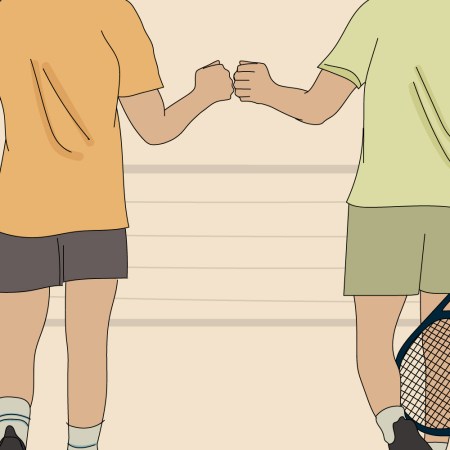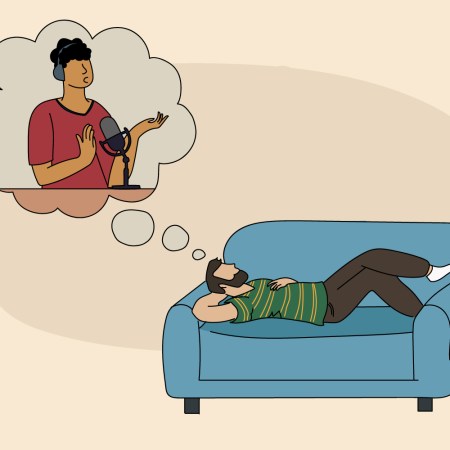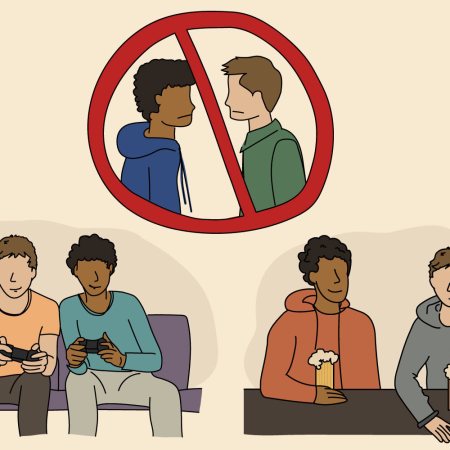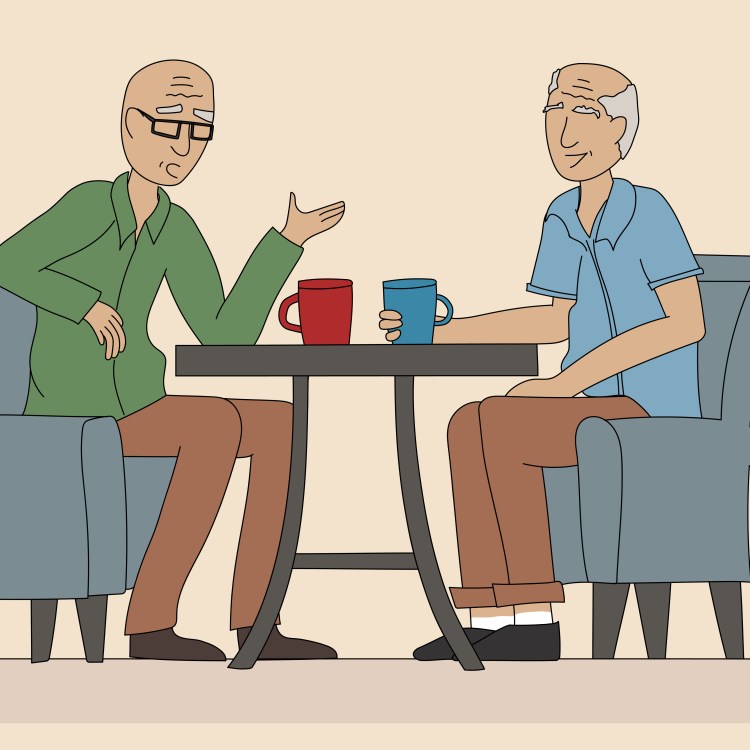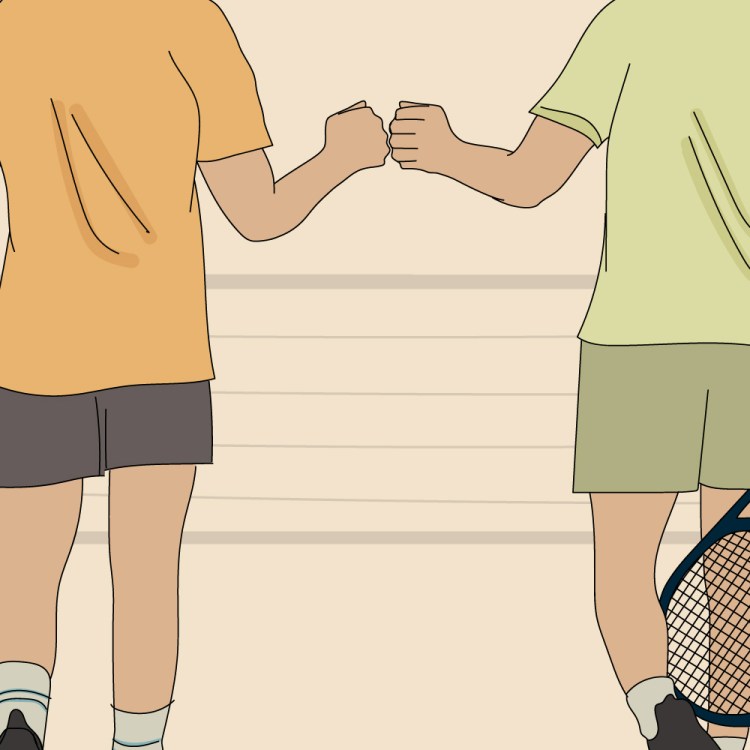According to a 2011 study titled “Culture and Crying: Prevalences and Gender Differences,” men cry less than women. That isn’t at all surprising, but the gap in frequency is alarming: while women cry anywhere from 30 to 64 times a year, men shed tears just five to 17 times.
There is some research suggesting testosterone inhibits crying, but researchers largely agree that the human desire to cry isn’t gendered, it’s just encouraged or discouraged based on the level of emotional expression a community (your family, your school, your country) allows. For far too long, men have been taught to suppress their tears, to project self-reliance and stoicism. At a biochemical level, though, this approach is bad for the body and brain.
There are three types of tears: reflex tears (which are triggered when dust gets in our eyes), basal tears (the eye’s natural lubrication system) and emotional tears (brought on by sadness, joy, stress, grief, laughter, frustration). When we talk about crying, we’re talking about emotional tears.
While the first two forms of tears are almost entirely comprised of water, emotional tears are swimming with stress hormones. The science (albeit young) suggests that emotional tears are a pretty effective response to stress — they flush out those chemicals that only serve to compound stress. Plus, it’s well-established at this point that a crying session releases both oxycontin and endorphins, which serve to ease “emotional” pain in the brain, and also make the body feel physically better.
On the flip side, holding tears in — perhaps for years at a time; there are some men who proudly claim they “can’t remember” the last time they cried — is considered a form of repressive coping. It actually feeds whatever stressful event you’re weathering, while contributing to long-term health concerns like hypertension, heart disease and a weakened immune system.
It’s important to note: exhortations for mental toughness aren’t always sinister. The “stiff upper lip” ethos, while flawed, has guided many men through times of crisis. But powering through life events shouldn’t come at the expense of one’s emotional intelligence. We live in tough times, both publicly and personally. It’s not just okay to cry — it’s quite good for you.
Whether you’re looking to get into shape, or just get out of a funk, The Charge has got you covered. Sign up for our new wellness newsletter today.

